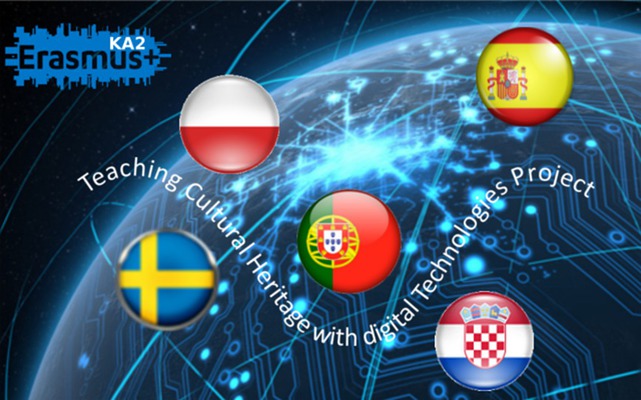 We are witnesses that modern Europe has been constantly changing its identity. New and unique European culture has been emerging from the mixture of diverse cultures as new countries join the EU. Cultural heritage has been recognized as an asset valuable for the future generations and as the fourth pillar of sustainable development. Cultural heritage has a universal value for the society. It is essential to be aware of it, to preserve it, safeguard it and pass it on to the future generations.
We are witnesses that modern Europe has been constantly changing its identity. New and unique European culture has been emerging from the mixture of diverse cultures as new countries join the EU. Cultural heritage has been recognized as an asset valuable for the future generations and as the fourth pillar of sustainable development. Cultural heritage has a universal value for the society. It is essential to be aware of it, to preserve it, safeguard it and pass it on to the future generations.
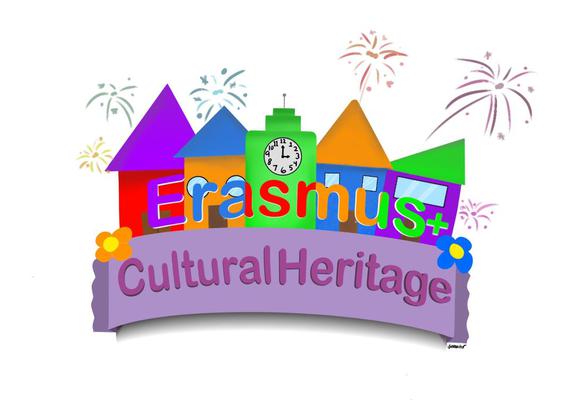 For this project, we have formed the team of partner schools from different geographical parts of Europe: Sweden, Croatia, Portugal, Spain and Poland. The fact that partners come from different cultural, political and historic backgrounds will enable us to meet diverse cultures, recognize differences, perceive own culture and develop empathy and tolerance for the diverse ones. Finally, we expect to develop the sense of belonging to the wider, common European cultural identity.
For this project, we have formed the team of partner schools from different geographical parts of Europe: Sweden, Croatia, Portugal, Spain and Poland. The fact that partners come from different cultural, political and historic backgrounds will enable us to meet diverse cultures, recognize differences, perceive own culture and develop empathy and tolerance for the diverse ones. Finally, we expect to develop the sense of belonging to the wider, common European cultural identity.
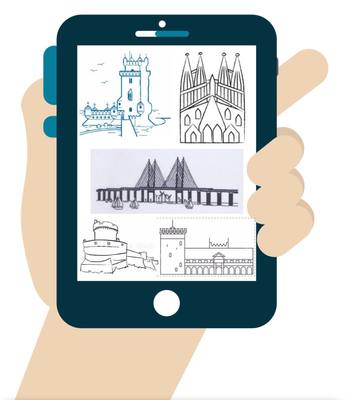
We have identified the need to utilize modern technology as the media to teach cutural heritage. Through this cross-curricular project we will bring cultural heritage into the classroom using ICT and by creating digitized educational materials. Teachers and students from partner schools will present digitally own cultural heritage, tangible and intangible, raise awareness within own context, create digital educational materials, swap them and discuss different ICT-based methods, tools and applications used in the process of teaching / learning.
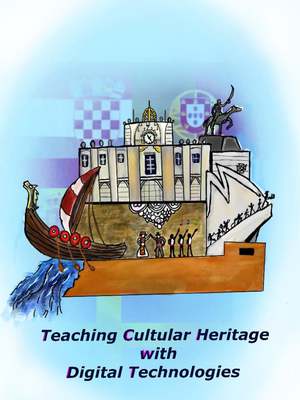
Each partner will include local stakeholders in the project activities: parents, a local tourist office, a museum, archives, a library, a gallery, a folk group, associations dealing with culture or similar. Participating teachers will improve digital skills by testing, implementing and sharing digital technology-based eduational content. They will improve linguistic competence by writing teaching material in English. In addition, by using cultural heritage as a topic, they are going to improve their cultural competence and understanding of cultural heritage. They will discuss teaching practices with colleagues and incorporate new educational trends in their own teaching. Teachers will strengthen their transversal and 21st century skills.
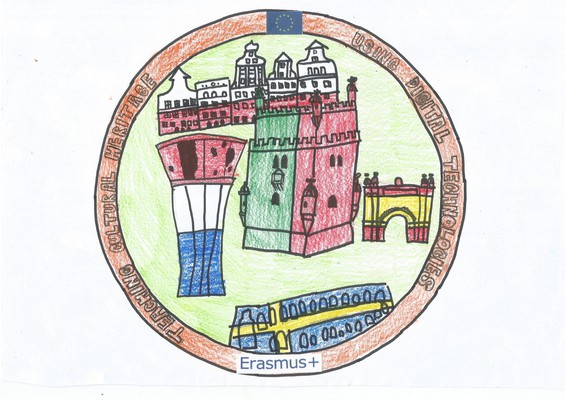 This project will be beneficial for our students. By participating actively in the project activities, they will improve their digital, linguistic and cultural competences. They will improve their team work, communication and collaborative skills. They will become aware of the importance of own cultural identity and develop the sense of belonging to European cultural identity. Moreover, they will be able to take responsibility for their own learning process. This project will ensure students acquire knowledge, skills and competences necessary to prepare them for the ever-changing employment market and to be successful in the modern workforce.
This project will be beneficial for our students. By participating actively in the project activities, they will improve their digital, linguistic and cultural competences. They will improve their team work, communication and collaborative skills. They will become aware of the importance of own cultural identity and develop the sense of belonging to European cultural identity. Moreover, they will be able to take responsibility for their own learning process. This project will ensure students acquire knowledge, skills and competences necessary to prepare them for the ever-changing employment market and to be successful in the modern workforce.